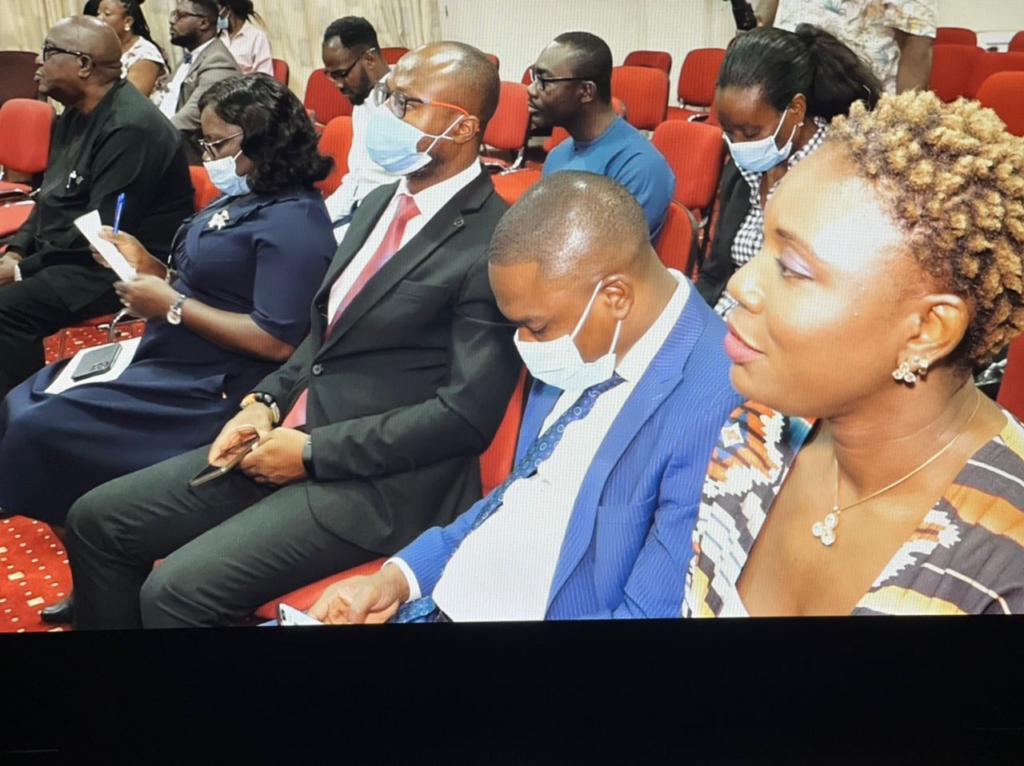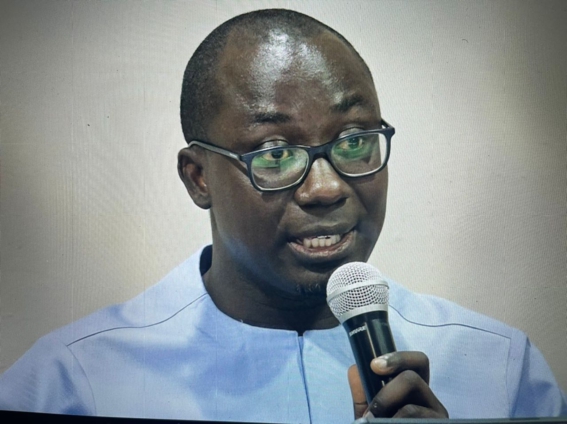Umbrella body of insurance professionals in Ghana, the Chartered Insurance Institute of Ghana, is calling for a harmonised standards and regulations for insurance firms, as a means to optimise the full potential of the African Continental Free Trade Agreement (AfCFTA).
According to the institute, the varied capital requirement for member states under the pact could pose as hinderance to insurers’ ability to trade favourably.
President of the CIIG, Tawiah Ben-Ahmed spoke at a seminar on AfCFTA, the Threats and Opportunities for the Ghanaian Insurance Industry.

According to him, the insurance sector in Ghana and within the Anglophone West African countries at large, is fragmented.
“Ghana’s capital requirement is not the same of that of Nigeria. So removing the barriers, enabling free trade among countries in Africa also means that, to enable that, it is important that the laws and regulations are standardised and harmonized”, he said.
Boosting Intra-African Trade (BIAT)
Meanwhile, Group Executive Director of the AfCFTA Policy Network, Louis Yaw Afful who was the main speaker at the CIIG seminar indicated that all that is needed to boost Intra-African Trade cannot be realised without the insurance sector.
“In boosting Intra-African trade, there’s the need for infrastructure development which in BIAT talks about finance and trade-related infrastructure”, he said.
Mr. Afful added, “when the goods are produced, how are the goods going? We need infrastructure and these huge investors who want to take advantage, opportunity in AfCFTA, will like to invest and these investors need insurance packages for their activities under the pact.”

Underwriting capacity
On his part, Deputy Commissioner of Insurance at the National Insurance Commission (NIC), Michael Kofi Andoh, expressed worry about the average size of insurance companies expected to trade under the pact.
“The Ghanaian insurance industry is very small whereas that of Kenya makes income of more than US$1 billion annually. South Africa makes multiples of billions and we are just between 600 and 700 million dollars”, he pointed out.
Mr. Andoh added, “If you take the average size of our companies, they are not as big as you would find in Kenya and South Africa.
The Deputy Insurance Commissioner also raised concerns about multinationals linked to insurers in their countries.
According to him, there is the tendency for these multinationals to continue to have their original insurers underwrite their policies under the pact.
Latest Stories
-
Baltasar Coin becomes first Ghanaian meme coin to hit DEX Screener at $100K market cap
41 minutes -
EC blames re-collation of disputed results on widespread lawlessness by party supporters
55 minutes -
Top 20 Ghanaian songs released in 2024
1 hour -
Beating Messi’s Inter Miami to MLS Cup feels amazing – Joseph Paintsil
2 hours -
NDC administration will reverse all ‘last-minute’ gov’t employee promotions – Asiedu Nketiah
2 hours -
Kudus sights ‘authority and kingship’ for elephant stool celebration
2 hours -
We’ll embrace cutting-edge technologies to address emerging healthcare needs – Prof. Antwi-Kusi
2 hours -
Nana Aba Anamoah, Cwesi Oteng special guests for Philip Nai and Friends’ charity event
2 hours -
Environmental protection officers receive training on how to tackle climate change
2 hours -
CLOGSAG vows to resist partisan appointments in Civil, Local Government Service
4 hours -
Peasant Farmers Association welcomes Mahama’s move to rename Agric Ministry
4 hours -
NDC grateful to chiefs, people of Bono Region -Asiedu Nketia
4 hours -
Ban on smoking in public: FDA engages food service establishments on compliance
4 hours -
Mahama’s administration to consider opening Ghana’s Mission in Budapest
4 hours -
GEPA commits to building robust systems that empower MSMEs
4 hours

